Condon, Frankie, and Vershawn Ashanti Young, editors. Performing Antiracist Pedagogy in Rhetoric, Writing, and Communication. WAC Clearinghouse, 2017.
The authors address the current racial tensions in North America as a result of public outcries and antiracist activism both on the streets and in schools. To create a willingness among teachers and students in writing, rhetoric, and communication courses to address matters of race and racism.
Inoue, Asao B. Antiracist Writing Assessment Ecologies : Teaching and Assessing Writing for a Socially Just Future. WAC Clearinghouse, 2015.
"In Antiracist Writing Assessment Ecologies, Asao B. Inoue theorizes classroom writing assessment as a complex system that is "more than" its interconnected elements. To explain how and why antiracist work in the writing classroom is vital to literacy learning, Inoue incorporates ideas about the white racial habitus that informs dominant discourses in the academy and other contexts. Inoue helps teachers understand the unintended racism that often occurs when teachers do not have explicit antiracist agendas in their assessments. Drawing on his own teaching and classroom inquiry, Inoue offers a heuristic for developing and critiquing writing assessment ecologies that explores seven elements of any writing assessment ecology: power, parts, purposes, people, processes, products, and places.
Okun, Tema. The Emperor Has No Clothes : Teaching About Race and Racism to People Who Don't Want to Know. Information Age Pub, 2010.
This book is designed to offer both practical and theoretical grounding for leaders and teachers interested in effectively addressing racism as well as other oppressive constructs. It offers an overview of the role of western culture in maintaining systems of institutional and cultural oppression related to race, class, gender, and sexuality. The dynamics of cultural shift are explored; scientific, spiritual, and cultural theories about cultural transformation are investigated, as are historical periods of dynamic cultural change. The psycho/social history of resistance is examined, and successful strategies for addressing resistance, denial, and fear in the classroom are offered. Using theory, storytelling, and history, effective strategies for teaching about dominance, privilege, internalization are covered as is the importance of working with students to apply theory and engage in the collective task of creating a more just world.
Stead, Virginia, editor. RIP Jim Crow : Fighting Racism through Higher Education Policy, Curriculum, and Cultural Interventions. Peter Lang, 2016.
RIP Jim Crow contains three sections: (1) Antiracist Theory and Policy; (2) Antiracist Administration, Curriculum, and Pedagogy; and (3) Antiracist Cultural Interventions. Each of the 31 chapters contributes to the normalization of anti-racist policy within academic institutions, antiracist discourse within academic cultures, and institutional praxis that upholds speaking out against racist activity. The hope is that this book will also reduce racism in the broader world through academic relationships with community partners
Trifonas, Peter Pericles, ed. Pedagogies Of Difference: Rethinking Education For Social Change. New York : RoutledgeFalmer, 2003.
Peter Pericles Trifonas has assembled internationally acclaimed theorists and educational practitioners whose essays explore various constructions, representations, and uses of difference in educational contexts. These essays strive to bridge competing discourses of difference--for instance, feminist or anti-racist pedagogical models--to create a more inclusive education that adheres to principles of equity and social justice.
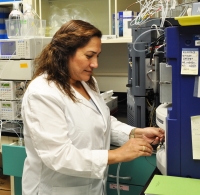


 Comfort Inn Downers Grove
Comfort Inn Downers Grove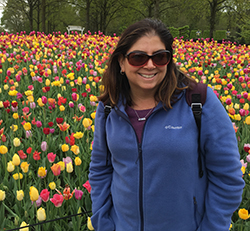 Keynote Speaker: Lisa Young, Ph.D., Maricopa Community College System
Keynote Speaker: Lisa Young, Ph.D., Maricopa Community College System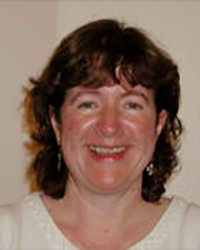 Ms. Una Daly, Community College Consortium for Open Educational Resources (CCCOER).
Ms. Una Daly, Community College Consortium for Open Educational Resources (CCCOER).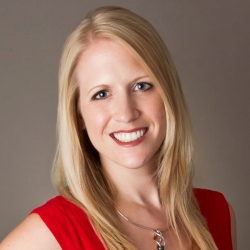
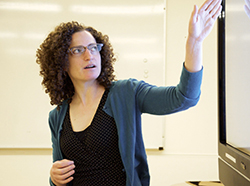 Ms. Amy Hofer, Linn-Benton Community College / Open Education Consortium
Ms. Amy Hofer, Linn-Benton Community College / Open Education Consortium
